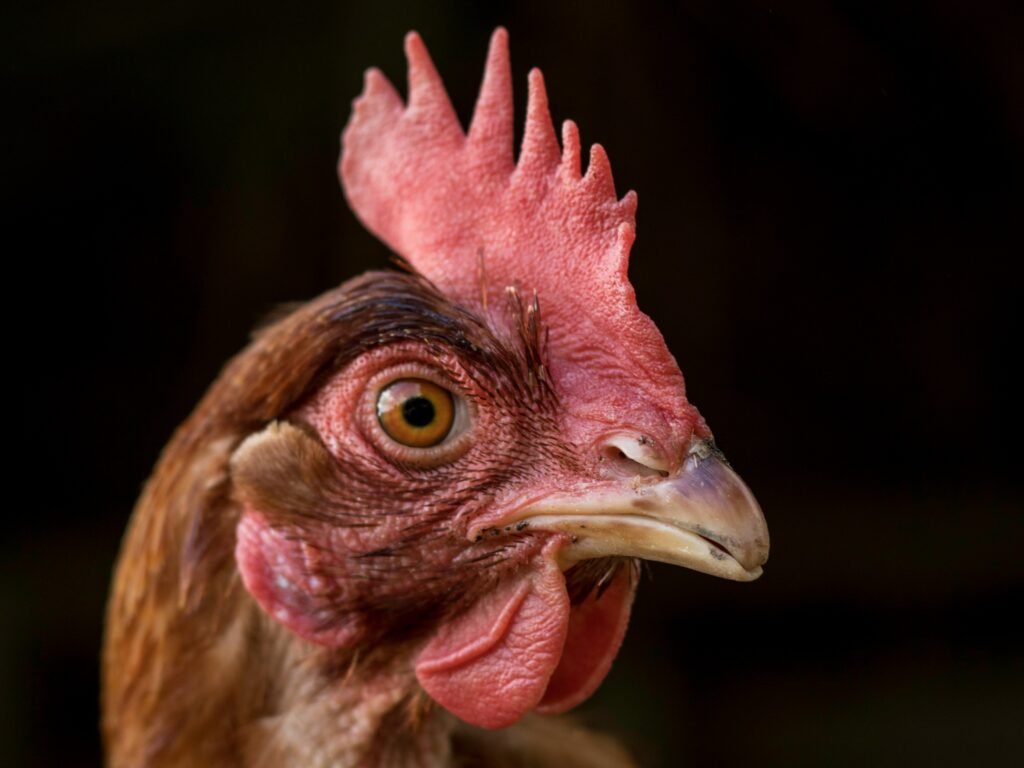US health authorities reported on Wednesday that another instance of bird flu has been identified in a human, marking the second such case within a span of less than two months following an outbreak among dairy cows.

The individuals affected by the H5N1 virus – the initial case in Texas and now a subsequent one in Michigan – were both employed in dairy farming. Fortunately, they experienced only mild symptoms and have since recuperated, according to officials.
Despite this second occurrence, the US Centers for Disease Control and Prevention maintains that the overall risk to the public remains “low.” However, they anticipate the possibility of additional cases.
According to the CDC, the identification of the virus in raw milk from infected cows and its widespread prevalence among dairy cows suggests that there is a possibility of discovering more human cases.
Nevertheless, the CDC maintains that sporadic human infections without any ongoing transmission will not alter their risk assessment for the general public in the United States, which they still consider to be low. The CDC reported that the most recent case in Michigan was found in an individual who works on a dairy farm where the H5N1 virus has been detected in cows.
According to the Michigan Health and Human Services, the employee experienced only mild symptoms and has since made a full recovery. The worker underwent two specimen collections, one from the nasal passage and the other from the eye. Interestingly, only the eye specimen yielded a positive test result.
As of Wednesday, a total of 52 herds in the US have been afflicted with avian influenza, spanning nine out of the 50 states. While the current strain of H5N1 has resulted in the deaths of millions of poultry during this outbreak, affected cows have not exhibited severe illness.
In a surprising turn of events, cows and goats became victims of the virus in March, which caught experts off guard as these animals were not previously believed to be susceptible to this strain of influenza. Fragments of the virus have been detected in pasteurized milk; however, health authorities assure consumers that milk sold in US stores is safe due to the effective elimination of the disease through pasteurization.
As of now, there is no evidence of human-to-human transmission. Nevertheless, health officials express concern that if the virus were to spread extensively, it could potentially mutate into a form capable of human-to-human transmission.

